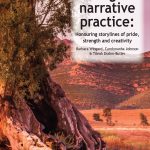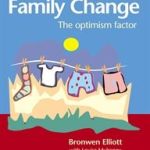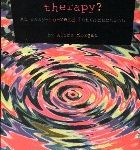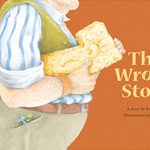This book offers answers to questions such as:
- How do you know what to externalise?
- What is post-structuralism and how is it relevant to the therapy world?
- What is the fit between feminism and some of the practices of narrative therapy? and many, many others!
It also provides detailed examples of therapeutic conversations shaped by the narrative practices of externalising, remembering, outsider witnessing and re-authoring. If you are trying to engage with narrative practices in your therapy or community work then this easy-to read and yet thorough and rigorous book has been created with you in mind.
Shona Russell has been enthused by the narrative approach since beginning work as a family therapist in a non-government community based organisation. She went on to study narrative therapy and has made this the focus of her therapeutic work for over fifteen years. Shona’s therapeutic work spans a range of contexts including a specialist service working with the effects of historical sexual abuse, a family therapy team, and independent practice where Shona works with young people, women, men and couples in response to a wide range of concerns.
Maggie Carey has been involved in the practice of narrative therapy since the early 90’s and in the teaching of it for the past 10 years. Maggie’s therapeutic practice has seen her working alongside young people at risk, with women and children who live with the effects of violence and abuse, and with people having experienced trauma, particularly as refugees. Since 1994, Maggie has participated with Michael White and others in a number of community projects relating to a range of issues in people’s lives. These issues have included responding to grief and loss within Aboriginal communities, responding to people living with mental health issues and to homelessness, to people living with a disability and to women and children who have been subjected to violence.








